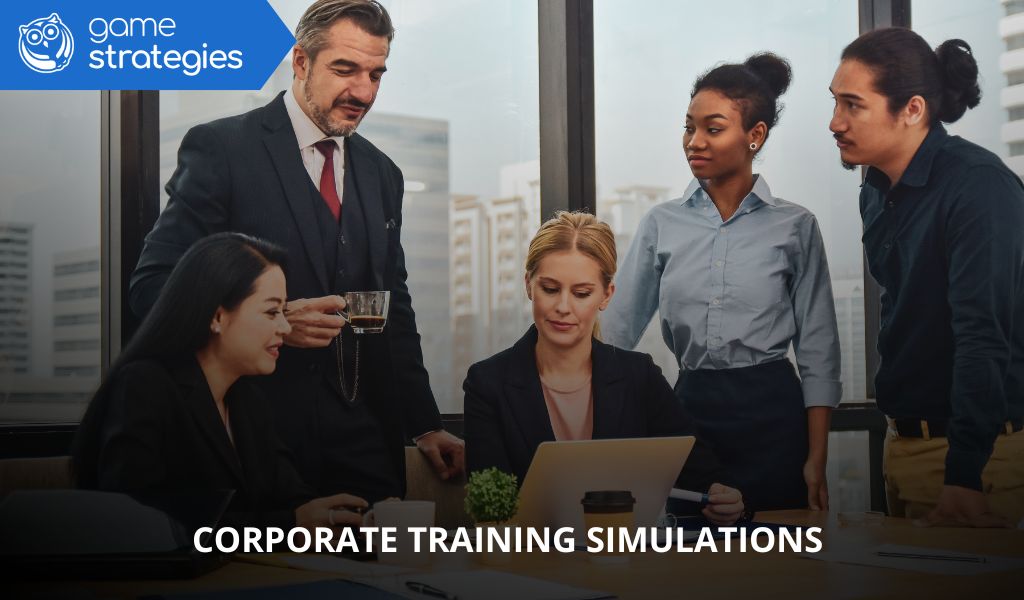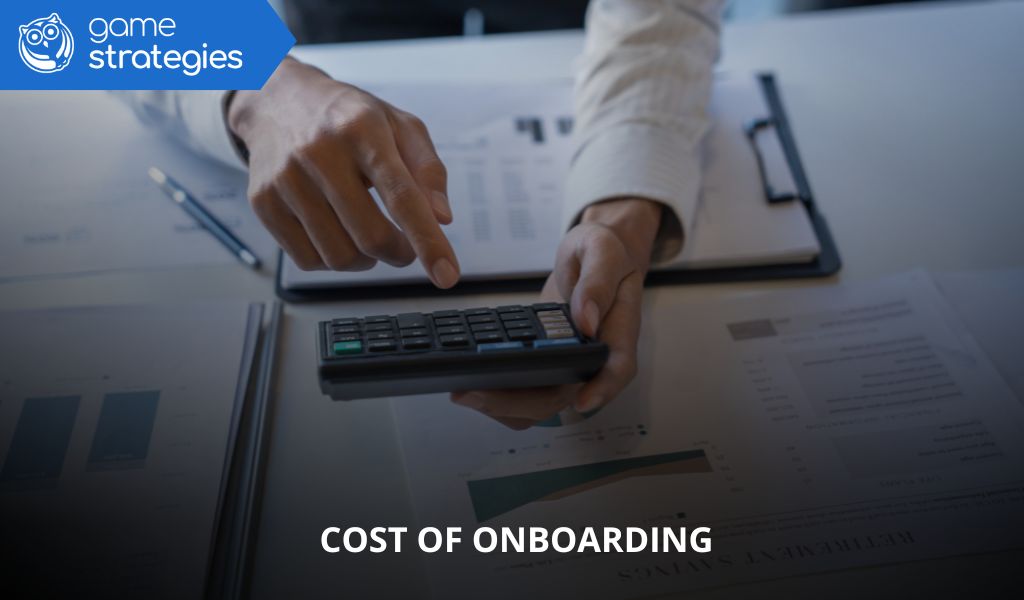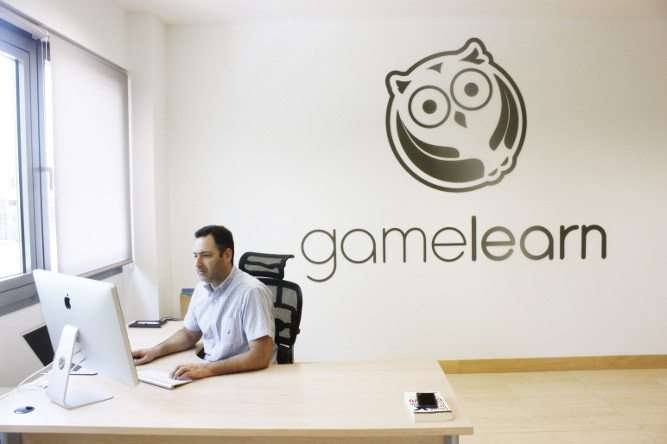In a workplace marked by rapid change, distributed teams and ever-evolving skills gaps, a reliable system for managing learning has become indispensable. Learning management systems (LMS) enable companies to organise, deliver and measure training in a centralised, scalable way. At Game Strategies, we explain what an LMS is, how it works, which types exist and why it has become a cornerstone of every talent-development strategy.
What is an LMS and how does it work in business?
An LMS is a digital platform designed to plan, implement and evaluate learning processes. Within a company it serves employees, clients or partners with structured digital content, centralising access, automating administration and providing key performance metrics.
Meaning of LMS: learning management system
The term LMS refers to a technological solution that administers training content, records learner progress, generates reports and certifies competences. Unlike a simple file repository, a modern LMS offers personalised learning paths, assessments, gamification, advanced analytics and integrations with external tools.
What can an LMS do? Manage, deliver and measure learning
- Manage users, courses, permissions and roles
- Deliver content in multiple formats (SCORM, video, audio, etc.)
- Measure progress, completion rates, scores and time spent
- Automate reminders, certificates and adaptive learning routes
What types of content can you host inside an LMS?
- SCORM or xAPI packages
- Training videos
- Podcasts and interactive documents
- Gamified simulators
- Serious games
- Automated quizzes and exams
This variety makes learning experiences more engaging, dynamic and effective.
What type of LMS should your company choose?

Corporate vs academic LMS: main differences
| Feature | Corporate LMS | Academic LMS |
| Primary goal | Improve workplace performance | Achieve curricular outcomes |
| Flexibility | High—on-demand, mobile, micro-learning | Lower—term calendar, fixed timetables |
| Certification | Internal, linked to career growth | Official credits and grades |
| Social tools | Productivity-focused (Teams, Slack) | Academic forums and debates |
| Content updates | Frequent | Moderate |
Free vs commercial LMS: when is it worth paying?
- Free (e.g., Moodle) – ideal for organisations with in-house technical skills and limited budgets.
- Commercial (e.g., TalentLMS, Docebo) – adds support, maintenance, scalability, advanced features and regular updates; valuable in demanding corporate contexts.
Cloud-based vs on-premise LMS
- Cloud-based – anywhere access, minimal maintenance, pay-as-you-go scalability.
- On-premise – greater control and customisation, but requires infrastructure and specialist staff.
LMS with course-authoring (LCMS) vs without an editor
- With LCMS – create and edit content directly in the LMS; ideal for teams producing their own training.
- Without LCMS – relies on external tools such as Articulate or Adobe Captivate to build compatible courses.
Benefits of using an LMS in corporate training
Saving time and reducing training costs
Centralising learning cuts logistical spend, shortens admin time and boosts operational efficiency by automating enrolments, reminders, assessments and certificates.
Precise measurement of learner progress and performance
Every action—login, advancement, score, completion, time invested—is tracked. These data inform evidence-based improvements and management decisions.
Scalability across large teams or sites
The same content can roll out globally, in multiple languages and departments, without redesign. Perfect for multinationals or businesses with several locations.
Flexible access (remote, mobile, shift-friendly)
Modern LMS platforms let users learn on any device, at any time—promoting autonomy and higher completion rates.
Integration with other systems: CRM, HR, BI and more
Advanced LMS solutions connect to talent-management suites, customer databases and analytics tools, linking learning to business results.
Who should use an LMS?
Large enterprises: centralising global learning
Standardise onboarding, compliance, technical skills and soft-skill programmes at scale, with full traceability and consistency.
SMEs: digitising training without heavy investment
Cloud platforms let smaller firms upskill staff, boost retention and cut operational errors without major overheads.
Consultancies and training agencies
Scale online offerings for external clients with multi-portal management, personalised paths and automated certification.
How Game Strategies supports you if you have (or want) an LMS
Game Strategies designs innovative training content, simulators and serious games fully compatible with SCORM and xAPI. We also advise on selecting and implementing the most suitable LMS for your organisation, optimising learner experience and delivering measurable results from day one.
¿De cuánta utilidad te ha parecido este contenido?
¡Haz clic en una estrella para puntuarlo!
Promedio de puntuación 0 / 5. Recuento de votos: 0
Hasta ahora, ¡no hay votos!. Sé el primero en puntuar este contenido.









